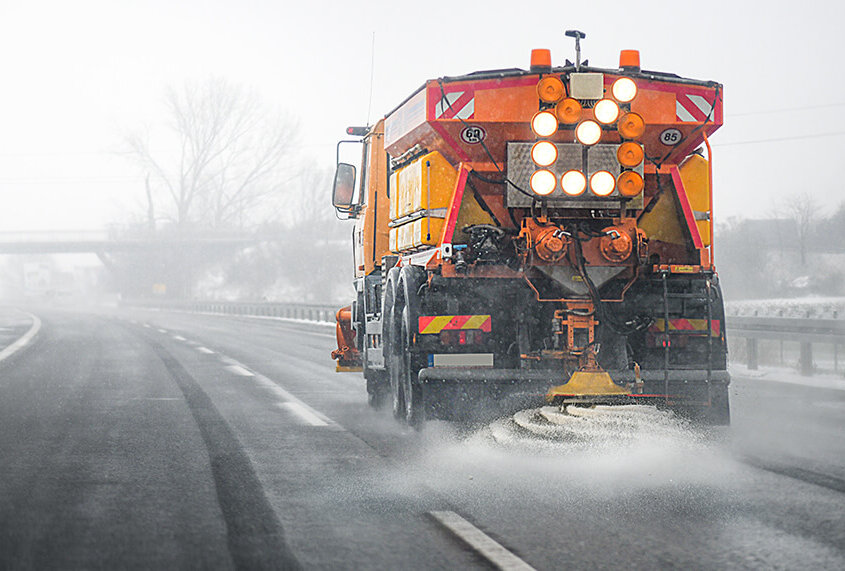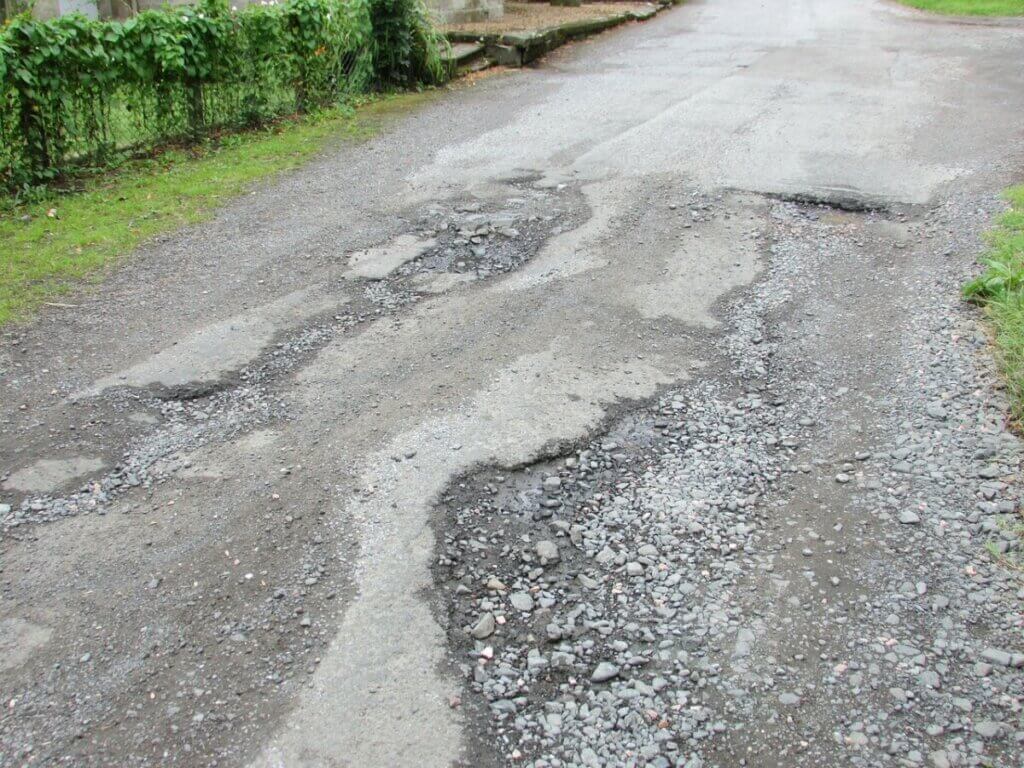This article is in response to: ‘Here to Ruin Your Daily Commute:’ A Plague of Potholes Jolts the Midwest
https://www.nytimes.com/2019/02/12/us/potholes-snow-weather.html
I understand the frustration. I am also frustrated. I have hit plenty of potholes on my way to work each morning and then again every evening on my way back home. They suck. I know.
Potholes are a symptom. They are the result of years of under-maintenance of our road networks. The American Society of Civil Engineering continues to give U.S. infrastructure a failing grade. It happens so often that no one seems to care until you hit that next pothole.
Potholes are a symptom of chronic underinvestment in basic infrastructure. Now, this is not some grand conspiracy of governments. Quite the contrary, raising taxes to fix these issues is, continues, and will always be unpopular. I get that. So something has got to give in order for us to make progress.
Let me be completely transparent. I am the co-founder of RoadBotics, a company that uses smartphones and AI to affordably and effectively provide objective road assessments for governments. Governments across the world that work with us have a plan, based upon solid data, to improve their citizens’ lives and transportation experience. It is not a miracle cure, but it is a real solution anyone can use and it works.
I do not expect everyone to immediately jump on the RoadBotics bandwagon given this impassioned plea.
That said, I want to express my core frustrations which are two-fold.
First, we continue to believe that “more money” is the only reasonable fix to any problem and therefore neglect that “better use” of the existing dollars is either impossible or ineffective. Preventative maintenance can provide the sorts of many-fold returns on investment that can save our infrastructure. This is how we earn a passing grade.
The second is that the squeaky wheel will keep getting all of the notoriety whereas the real story is neglected. That story is in the hundreds of governments that are making real improvements right now. We need to seek out and surface these successes. Stories like Savannah, Georgia that is using objective data to create a comprehensive 20-year asset plan. That is how we will beat potholes.
My genuine hope for this sort of discourse is to develop objective methods for tracking the effectiveness of both our tax dollars and our policies. To assess those policies dispassionately given the data and adapt our decision making accordingly. If we can achieve this, even in a small incremental way, we might one day live in a world with #NoMorePotholes.
Please join me in advocating that the Smart City become synonymous with the data-driven City.







